Dharmajazz Academy
About
Years of practice, study, and performing have guided me in helping others connect the dots between technique, intention, and musical communication. In 2007 I published The Road to Aqaba—Practice Strategies for the Jazz Pianist, a combination of technique, theory, and memoir on developing an intimate tactile relationship with the piano, along with clear methods for building a personal vocabulary for improvisation (available at Dharmajazz.com.) TRTA provides core material for lessons, supplemented with constant creation of new materials as my own understanding and teaching continue to grow.
A vital part of my teaching is to identify how each student picks up new information, and what particular obstacles may be hindering their awareness of given concepts. One comment I hear frequently is, “Oh, now I get it - no one ever explained it to me like that.”
The coolest part of teaching for me is that moment when I watch “the light go on,” and the student gets that piece of information, performs that skill, or feels that window of understanding open that signals a deeper connection with the music.
Specialties
Years experience
Able to read music
Lesson length
Student's age
Student has instrument
Interested musical styles
Photos and videos
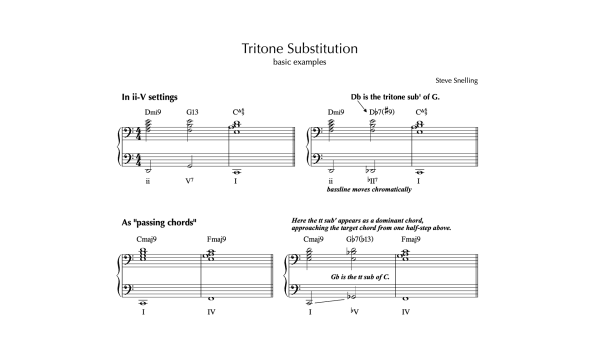
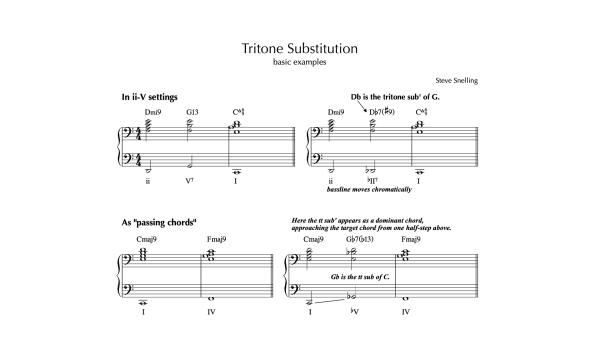
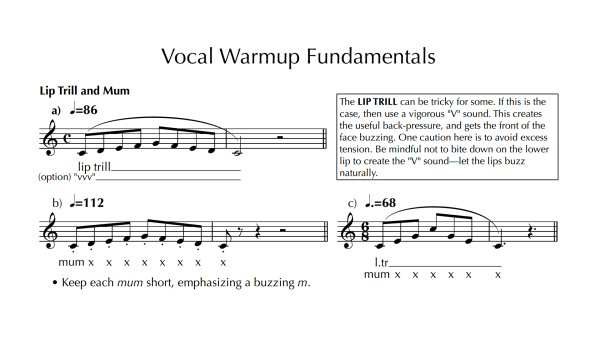
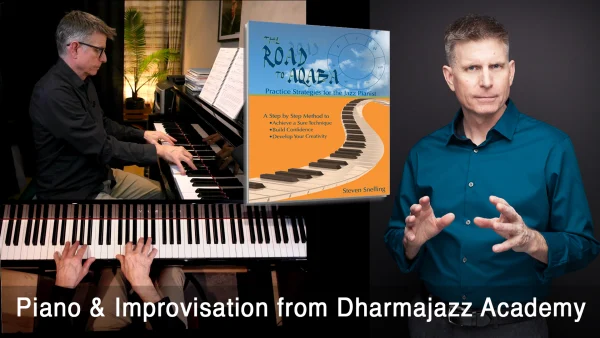
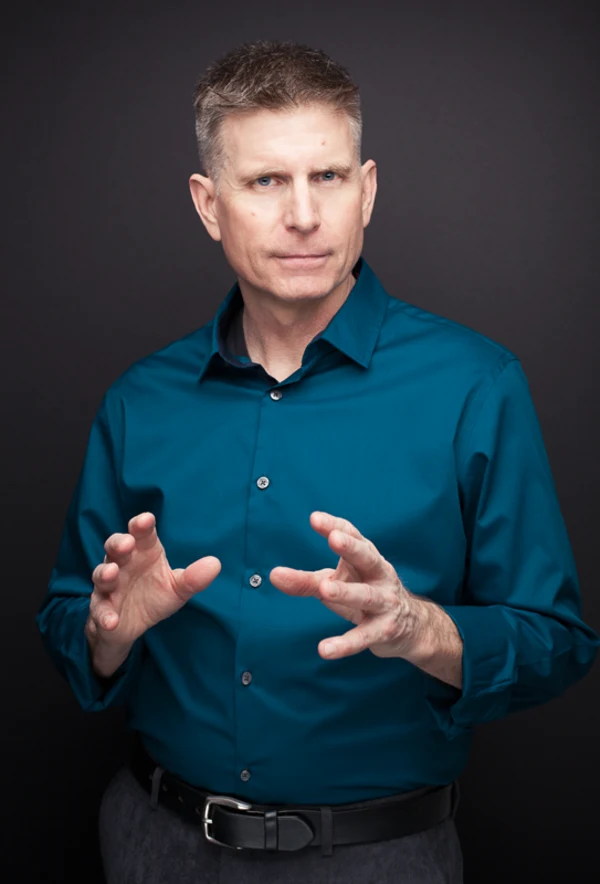
Reviews
Mikey W.
Liz B.
Robin H.
Michele R.
June K.
Josh T.
Frequently asked questions
What is your typical process for working with a new student?
The first part of working with new students involves diagnosing strengths and weaknesses, with an emphasis on their grasp of fundamentals. All else flows from there.
Next, we focus on specific simple tools for practicing in a deliberate and efficient way to get the greatest benefit from time spent on the instrument. Gaining solid fundamentals through conscientious and effective practice habits gives students the skills to play whatever music they are drawn to.
From the beginning, understanding just how each student assimilates information is an evolving process guiding how I can best help them toward their musical goals—and beyond!
What education and/or training do you have that relates to your work?
I started playing piano at age three. I’m a lifelong musician and the most valuable training I've received comes from playing in hundreds of bands, styles, and settings: from garage bands to symphony orchestras.
My formal training includes lots of private instruction of course. As a multifaceted performer, I have an undergraduate degree in Music from Southern Oregon University, during which time I studied and toured with the modern ballet company, Oregon Dance Theater. I earned a Masters Degree (M.M.) in Classical Piano Performance, with an emphasis in Jazz Studies from the University of Northern Colorado (1986).
Along the way I've participated in numerous jazz and performance master classes and retreats such as that which I undertook in Peru in 2002 to study native shamanic practice and the ancient Amazonian spiritual vocal melodies, Icaros.
Collectively, these artistic and performance experiences have given me a wider variety of tools for teaching music as a language for expressing the deeper questions and yearnings of our innermost lives.
Do you have a standard pricing system for your lessons? If so, please share the details here.
ONE FREE TRIAL LESSON. $85 per hour Zoom lessons. 4-lesson pre-paid package discount of $300 ($75/hr). Free hard copy of my method book with 4-lesson package. Individual printable pdf lesson concepts included with all lessons as applicable.
How did you get started teaching?
I began teaching by fielding questions and offering help to fellow students in college who saw that I had a different level of insight into the musical process. Concurrent with studying for my Masters Degree at the University of Northern Colorado, I taught jazz combos in the renown UNC Jazz Studies Program. Helping others discover their own connection to music grew into developing my own private teaching practice, which I have sought to improve upon for over thirty years.
What types of students have you worked with?
Currently accepting adults only: from beginners and returning enthusiasts, to professionals seeking to improve their improvisation skills and practice habits.
Describe a recent event you are fond of.
I recently completed a personal YouTube #365 Challenge of creating and posting musical content everyday for a year. No breaks! I finished on October 31, 2020, having recorded hundreds of jazz standards and pop/rock covers, educational videos, and composing dozens of new pieces of music ranging from simple piano improvisations, to fully produced and released songs. Most of these can be viewed at YouTube.com/stevesnelling.
What advice would you give a student looking to hire a teacher in your area of expertise?
I encourage any student seeking a new teacher to request a trial lesson. A good indicator is if you experience at least some immediate improvement based on the interaction. Be aware if the teacher seems to be listening to your questions and concerns (or not), as well as offering acknowledgement of your aspirations. And if possible, see if they can actually play what they are teaching. Being able to correctly demonstrate concepts is vital to successful lessons. All of this should be predicated on the teacher having solid reliable tools and a teaching setup that feels comfortable and supportive of the learning experience.
Specific to jazz piano and improvisation, the student should have a sense that there is some clear attainable path to progress, and there should be ample time for interactive musical play between the teacher and student.
What questions should students think through before talking to teachers about their needs?
I suggest students ask themselves a few things before starting lessons:
1) What is the minimum you would like to learn? What’s the level or accomplishment that would give you the minimum satisfaction to make it worth your while to undertake lessons?
2) What’s the highest level or greatest achievement you imagine attaining?
3) How much time do you have to practice on a consistent basis, and how much time or patience are you willing to invest to make it happen?
Obviously, based on the information the teacher provides in advance, you should consider whether or not that teacher is likely to have the skill set or teaching emphasis to help get you to your goals. A student should be comfortable to share what in the past has NOT worked for them with other teachers.